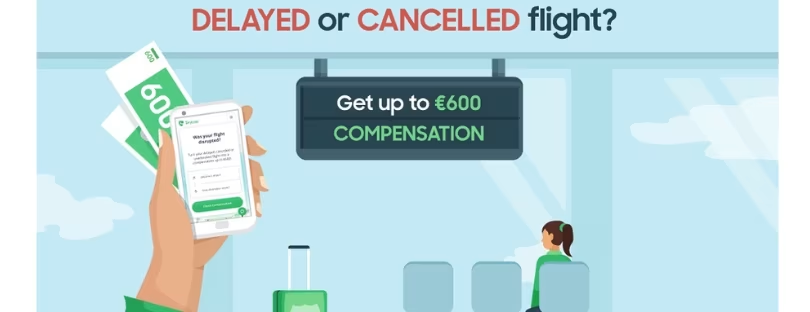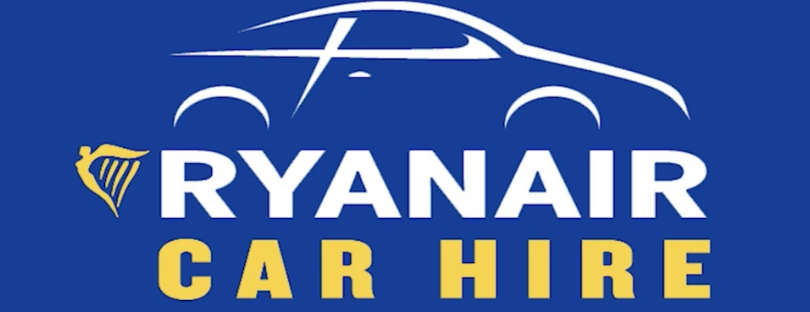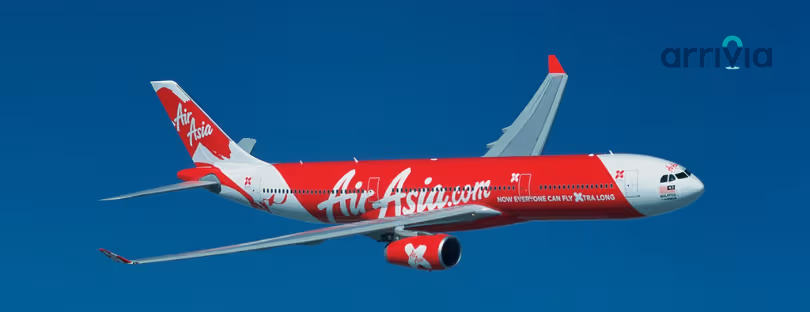
Skycop calls to increase compensation for disrupted flights
As a new initiative aiming to worsen conditions for passengers affected by flight disruptions returns to the EU corridors, compensation management company Skycop.com suggests going in the opposite direction by significantly increasing compensation amounts that have remained unchanged since 2004. compensation for disrupted flights
In February and March, the EU Council’s Aviation Working Party discussed a proposal to weaken passenger compensation rights. While the details of these meetings are not public, media reports suggest that the group is considering extending the minimum delay threshold for compensation eligibility from the current 3 hours to 5-12 hours.
Currently, European passengers are entitled to €250, €400, or €600 in compensation if they reach their final destination at least 3 hours later than scheduled due to reasons within the airline’s control. The exact amount depends on the flight distance in kilometers.
According to European media reports, there are no discussions to change the compensation amounts themselves, but airlines are lobbying to extend the thresholds required to qualify for compensation. One scenario reportedly under consideration would entitle passengers to compensation only if their flight is delayed by 5, 9, or 12 hours, depending on its distance. No final decision has been made by EU institutions.
Skycop’s attorney Nerijus Zaleckas sees this initiative as a step backwards. He emphasizes that the EU’s compensation mechanism, introduced more than two decades ago, was not designed to punish airlines but rather to compensate passengers for inconveniences and, more importantly, to encourage more punctual and higher-quality service.
“In recent years, countries such as Turkey and Saudi Arabia have adopted their own versions of EU261, while the United Kingdom has effectively preserved it after leaving the EU – all showing that fair compensation for disrupted travel boosts a country’s appeal to tourists and businesses. Weakening current regulations would be a major setback for Europe and would reduce the pressure on airlines to ensure smooth and timely operations. We urge the EU to move in the opposite direction – current compensation amounts have lost about half their value due to inflation since 2004, so increasing them accordingly or even doubling them should be seriously considered,”
Zaleckas comments.
According to Skycop, extending the minimum delay threshold for compensation eligibility to between 5 and 12 hours could reduce the number of eligible passengers by as much as five times. For European travelers, such a change could result in hundreds of millions – or even over a billion—euros in lost compensation annually. compensation for disrupted flights
According to Skycop’s data, nearly 218,000 flights experienced significant disruptions in Europe last year, theoretically representing around €6 billion in compensation. However, up to half of these cases are ineligible for compensation due to reasons outside of the airlines’ control, such as severe weather or strikes, and about two-thirds of passengers never file a compensation claim.
This is where platforms like AirHelp and Skycop play a critical role.
Both companies offer automated, no-win-no-fee legal support to help travelers claim compensation they might otherwise miss out on. AirHelp, one of the world’s most recognized air passenger rights companies, has helped millions of travelers recover compensation for delays, cancellations, and denied boarding. With easy-to-use platforms, legal expertise, and global reach, services like AirHelp simplify the claims process, ensuring that more passengers get the compensation they deserve without the legal headache.
In essence, both AirHelp and Skycop advocate for stronger passenger protections and empower travelers to hold airlines accountable. Weakening EU261 would not only reduce compensation eligibility but also dilute the leverage passengers have against poor airline service—making platforms like AirHelp even more essential in the fight for air passenger rights.










